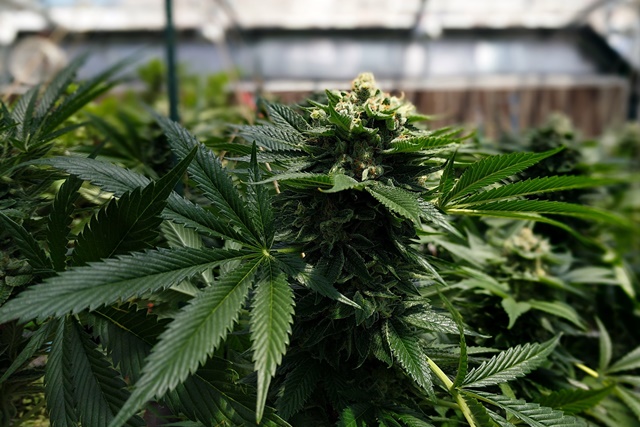– Sponsored content –

20 Jan. 2021. The nascent legal cannabis industry is turning into a big business with the total market value of 17.7 billion USD in 2019 and a projected compound annual growth of 14.3% from 2020 to 2027, according to a report. In 2018, the industry created 64,389 full-time jobs in the US alone which made marijuana the fastest growing sector in the American job market.
The Canadian producers of marijuana flowers, such as Aurora Cannabis (ACB), Tilray (TLRY), and Aphria (APHA), are traded at the world’s major stock exchanges.
All this creates a demand for innovations in cannabis cultivation systems and improving their efficiency. One of the more pressing concerns is the development of propagation methods that meet the requirements of mass production. The huge international market of home growing is currently dominated by feminized autoflowering seeds, with companies such as FastBuds—which specialize in this type of genetics—being the fastest growing.
Unfortunately, for plants that display a lot of genetic variability, the propagation by seeds is not a viable model because it doesn’t produce consistent crops in terms of growth patterns and the quality of the finished product. For this reason, cannabis plants are traditionally propagated on an industrial scale using a more effective approach — taking cuttings and rooting them.
Clones replicate the desired phenotype perfectly, but can be infected by insects or carry viruses and other pathogens. Several companies in the market are working to eliminate this risk by adopting the technique of tissue culture which is a decades-old horticultural method of sterile propagation of plant tissue in a vial.
Cannadabis Medical Inc from Humboldt, Saskatchewan, Canada is one such company which not only develops solutions of tissue culture propagation for large commercial grow-ops, but also caters to individual patients and caregivers — those who cultivate cannabis on a much smaller scale. For this purpose, they market their EZ-TC™ kits.
According to Cannadabis, the method of tissue culture propagation requires 10 times less space than cloning, is more than 100 times more efficient (per square foot of area used), and allows you to store genetic materials in a freezer for several months or years. The technology is easily scalable: e.g., with 400 vials, a large commercial producer can grow two million clones annually.
Besides creating true replications of the desired cultivars, tissue culture can also be used for rejuvenating parent plants and filtering out diseases and pests from the infected genetic stock. Cannadabis also proposes to use it for such potentially disruptive technologies as mutagenesis and genetic modification. Another promising direction is polyploidy—the doubling of sets of chromosomes—which can increase plants’ vigour and yields, potency and flavour, as well as trichome densities and drought and pest resistance.
In short, when it’s made widely available both to large growing facilities and individual horticulturalists, the method of replicating cannabis in a vial will open many exciting opportunities in this budding sector.
It is safe to assume that innovations like this will spur the further growth of the industry, allowing it to meet the rising demand in both medical and recreational marijuana worldwide.
https://2fast4buds.com/autoflowering-cannabis-seeds
* * *
